ICCM 2023 _ Event Postponement
This is to inform that due to some circumstances beyond the organizer control, “2nd Edition of International Conference and Expo on Clinical Microbiology” (ICCM 2023) Hybrid Event scheduled during June 23-24, 2023 | Rome, Italy has been postponed. The updated dates and venue will be displayed shortly.
Your registration can be transferred to the next edition, if you have already confirmed your participation at the event.
For further details, please contact us at clinical-microbiology@magnusconference.com or call +1 (702) 988 2320.
Genomics and Genome Sequencing of Microorganisms
The requirement to grow bacteria in culture has traditionally constrained microbial research. DNA sequencing still requires huge volumes of DNA template generated from homogeneous cell cultures, even in the modern era of genomics. Microbial whole-genome sequencing is a useful technology for mapping the genomes of new organisms, completing the genomes of existing organisms, and comparing genomes from different samples. Generating accurate reference genomes, microbial identification, and other comparative genomic investigations all require sequencing whole bacterial, viral, and other microbial genomes. The great majority of microbial species are uncultivated, and until recently, almost half of all known bacterial phyla were only identifiable by their ribosomal RNA gene sequence. Genomes of uncultivated species are rapidly filling in unsequenced branches of the microbial phylogenetic tree, due to the advent of single-cell sequencing.
- Genome Evolution of Complex Traits
- Genome Sequence Quality
- Genomics and Experimental Evolution
- Genomics of Pathogen Emergence
- Metagenomics
- Microbial Comparative Genomics
- Microbial Whole-Genome Resequencing
- Microbial Whole-Genome Sequencing

AC Matin
Stanford University, United States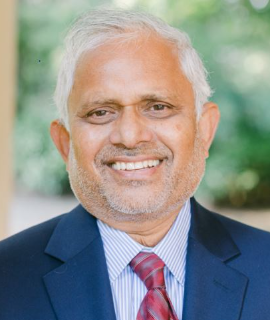
Muhammad Morshed
University of British Columbia, Canada
Jawad Alzeer
University of Zurich, Switzerland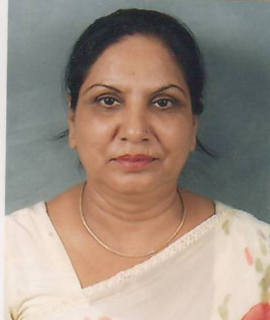
Vijay Prabha
Panjab University, India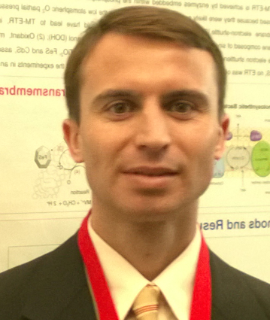
Guillermo Bracamonte
National University of Cordoba (UNC), Argentina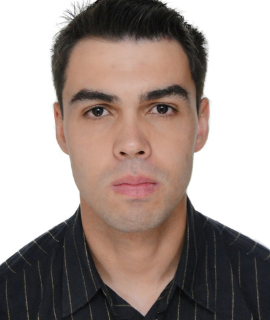
Adriano Alberti
Universidade do Sul de Santa Catarina, Brazil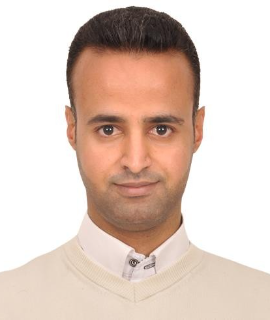


Title : Managing bacterial eradication in disease and survival for life support systems on earth and space
AC Matin, Stanford University, United States
Title : Buffers and homeostasis: A key to maintaining health
Jawad Alzeer, University of Zurich, Switzerland
Title : An update of Lyme disease with particular reference to low endemic areas in Canada
Muhammad Morshed, University of British Columbia, Canada
Title : Antimicrobial activity of Zinc oxide nano particles against multi drug resistant Escherichia coli clinical isolates
Noha Tharwat Abou El Khier, Mansoura University, Egypt
Title : Microbial adhesion capacity on orthopedic implants
Bohinc Klemen, Faculty of Health Sciences, University of Ljubljana, Slovenia
Title : Evaluation of the anti-diabetic potential of probiotic lactobacillus fermentum (pri 29) isolated from cameroonian fermented cow milk in alloxan induced diabetes type-1 mice model
Tanyi Pride Bobga, University of Buea, Cameroon